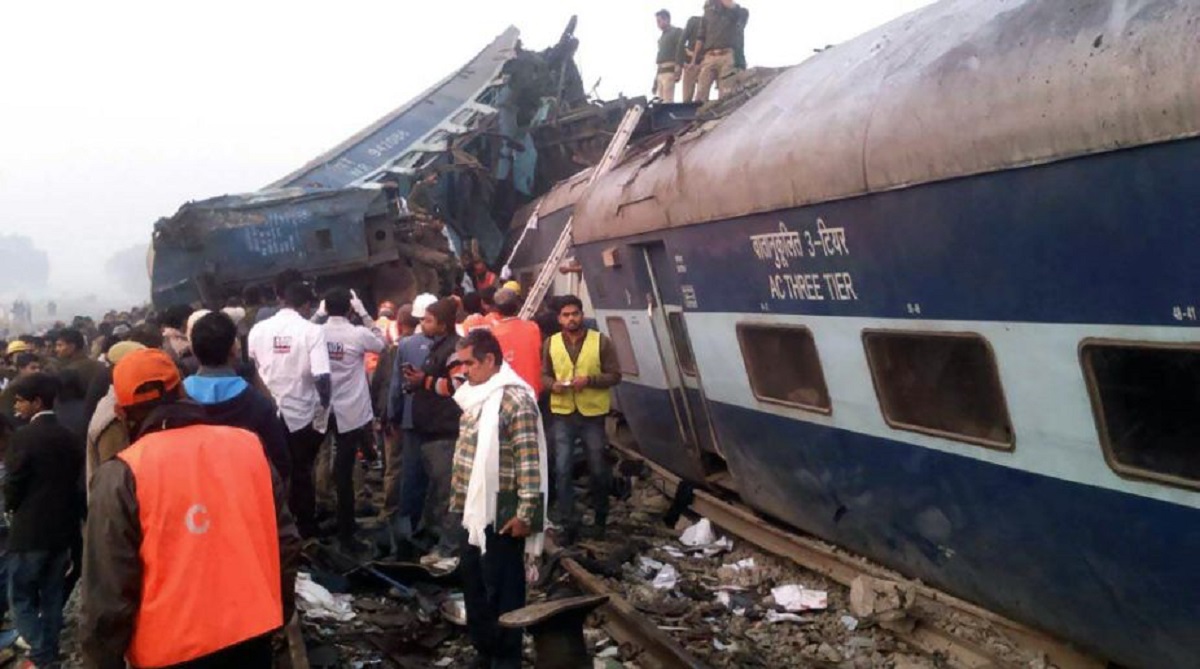5L plus students appear for HS exams this year
The West Bengal Council of Higher Secondary Education Examination (WBCHSE) kicked off today with more than five lakh students appearing for the board exams.
The Howrah-Chennai route links two of the country’s largest cities, and the site of the accident is one where trains linking eastern India to two other major metropolises pass.

Representational Image (File Photo)
Keeping politics out of the aftermath of the horrific tragedy that claimed so many lives in the train accident near Baleshwar in Odisha on the weekend, the decision by the Ministry of Railways to seek a Central Bureau of Investigation into the cause of the accident raises several concerns. While it is fairly clear from the initial investigation that the accident was caused by a signaling problem, the decision to involve the country’s premier investigation suggests the government has not ruled out the possibility of the glitch being the consequence of an act of mischief.
A suggestion of sabotage is chilling, especially as it involves one of the major rail routes in the country. The Howrah-Chennai route links two of the country’s largest cities, and the site of the accident is one where trains linking eastern India to two other major metropolises pass. It will raise concerns among the many millions who use the railway network each day, and those who have now begun to view trains as a viable option for short and medium distance travel following the introduction of faster, semi high-speed trains across the country. It is incumbent, therefore, on the authorities to waste no time at all in coming to definite conclusions, and making these public. If the accident occurred due to a glitch with the system, the railways must tell the travelling public what they propose to do to avoid a repetition.
Advertisement
If it was the consequence of an act of sabotage, those in charge must tell us how they will ensure that vulnerabilities to external interference will be eliminated. All else is secondary, including the Opposition’s calls for the rail minister to resign, or suggestions, now dismissed, that the provision of anti-collision devices would have averted the accident. In any event, anti-collision devices have been installed on a small proportion of routes, and it will take considerable time for the entire network to be covered. The country is no stranger to acts of sabotage on its rail network.
Advertisement
The Jnaneswari Express disaster in West Bengal that claimed 148 lives in 2010 was found to have been caused by saboteurs. But in that case, as well as in other incidents involving sabotage, the tampering involved tracks, in other words a physical act aimed at causing a derailment. Last week’s accident was quite different, in that it was the consequence of one train leaving its designated track. If this was done by interfering with the signalling system, it exposes a vulnerability that will be far more difficult to plug. The Rail Minister, who is also in charge of Electronics and Information Technology, would do well to place the resources of both ministries at the disposal of investigators to help find out what happened to the Coromandel Express. Far too much is at stake for the disaster to be used for crass political games.
Advertisement